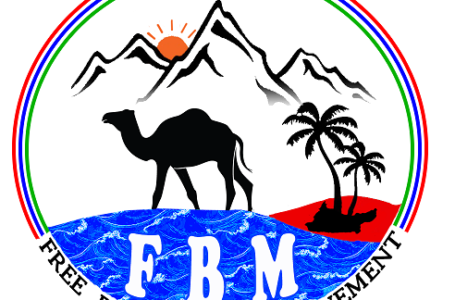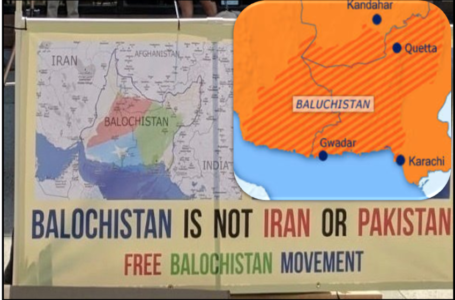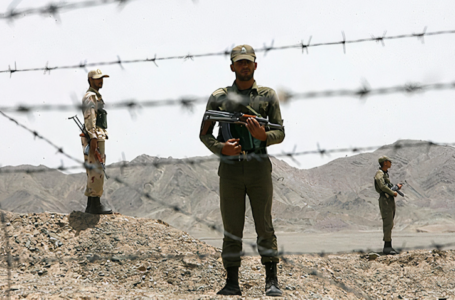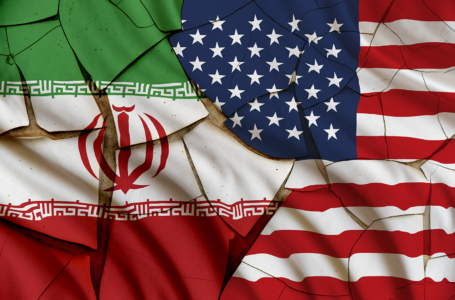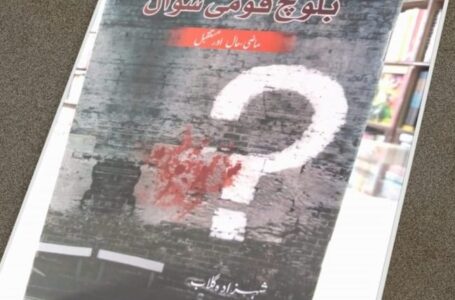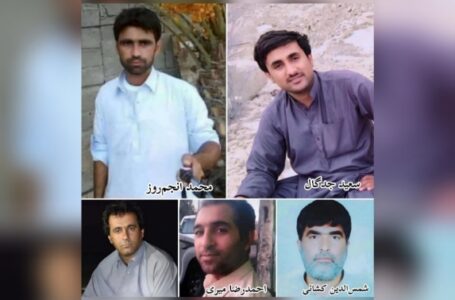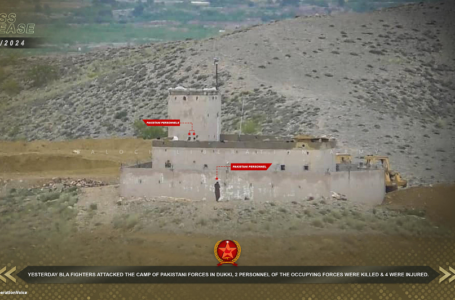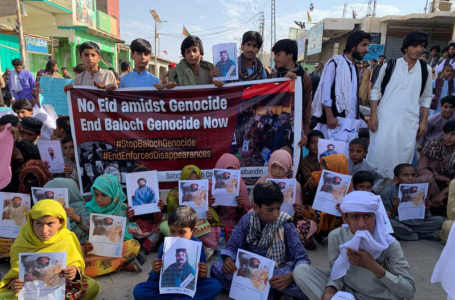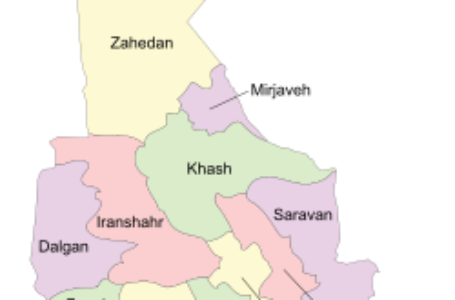Pakistan Army Used Civilians as Human Shields to Counter Our Attack: BLA
Free Balochistan Movement week-long campaign
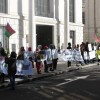
Balochistan is the homeland of the Baloch people and it is located in one of the most strategic locations in the world. The total area of Balochistan is about 560,000 square kilometres. Balochistan is rich in natural resources and has a long coastline of about 1,200 kilometres. The British imperial army invaded the sovereign state of Balochistan in 1839. Baloch have consistently fought a liberation struggle and this eventually led to Baloch regaining their independence, from Britain, in 1947. However, eight months later, the newly created theocratic state of Pakistan, led by a Punjabi Muslim army, illegally occupied Balochistan and forcefully annexed it to Pakistan.
Ever since the Punjabi army and subsequent rulers of Pakistan have been looting Baloch resources, destroying Baloch society, its economy and its environment. In the meantime the Baloch struggle for freedom has never stopped but increasingly has intensified. As a result of this, the jihadist Punjabi rulers of Pakistan have carried out five major military operations in Balochistan. Just in the last two military operations thousands of Baloch have been imprisoned, tortured, disappeared, killed and displaced. During the 1973-77 conflict, Baloch Sarmachars (freedom fighters) managed to virtually liberate Balochistan. During this period about 90,000 Punjabi Islamic fundamentalist mercenaries confronted 60,000 Baloch partisans. It is estimated that the Pakistani army have killed about 15,000 to 25,000 Baloch people including women and children during this time.
The latest Pakistani military operation in Balochistan began in 2000. Since then the Pakistani security forces have killed around 5,000 Baloch people in their custody in the name of their macabre ‘kill and dump’ policy. The Pakistan army have abducted and caused the disappearance of more than 20,000 Baloch political and human rights activists. On 17th January 2014, Baloch discovered three mass graves of previously abducted Baloch activists in Tootak, Khuzdar. The Jihadist Punjabi rulers of Pakistan have polluted Balochistan’s environment, testing their ‘Islamic nuclear bombs’, in the Koh Kambaran ranges and the Chaghai hills on 28th May 1998.
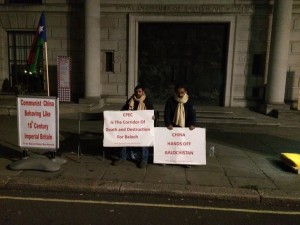 China-Pakistan collaboration: Pakistan is an artificial colonial theocratic state and has no natural identity. Pakistan belongs to a Punjabi army, with commercial and religious establishments that originate from India. Ideologically the Pakistani and Chinese governments are poles apart. One is a fundamentalist theocratic state and the other a totalitarian communist state. What they have in common is the exploitation, looting of Baloch natural resources and the destruction of Balochistan. Punjabi rulers of Pakistan sold the natural resources of Balochistan dirt cheap. Good examples of these are the Saindak Gold and Copper mines in Chagai district of Balochistan which China and Pakistan negotiated in 1995 and the subsequent deals for the use of Balochistan’s Gwadar port agreed by Pakistan and China in 2001. The Baloch people gain practically nothing from such contracts.
China-Pakistan collaboration: Pakistan is an artificial colonial theocratic state and has no natural identity. Pakistan belongs to a Punjabi army, with commercial and religious establishments that originate from India. Ideologically the Pakistani and Chinese governments are poles apart. One is a fundamentalist theocratic state and the other a totalitarian communist state. What they have in common is the exploitation, looting of Baloch natural resources and the destruction of Balochistan. Punjabi rulers of Pakistan sold the natural resources of Balochistan dirt cheap. Good examples of these are the Saindak Gold and Copper mines in Chagai district of Balochistan which China and Pakistan negotiated in 1995 and the subsequent deals for the use of Balochistan’s Gwadar port agreed by Pakistan and China in 2001. The Baloch people gain practically nothing from such contracts.
Constructing a route linking the city of Kashgar in Xinjiang and Balochistan’s deep water port at Gwadar is yet another Pakistan/China colonial plan for Balochistan. China wants to use this route as a strategic artery to have access to Persian Gulf gas, oil, minerals and markets. The Punjabi army rulers of Pakistan, as means to consolidate their colonial theocratic power, in Balochistan want a deal, at the expense of the Baloch people. For this purpose China’s president, Xi Jinping, visited Pakistan in April 2015. In this visit he met the rulers of Pakistan and promised, in effect, to pay them $46 billion, by 2030. In return Pakistan’s rulers promised the Chinese authorities that it would provide an additional security, in the form of hundreds of thousands of Pakistani army and security forces, stationed in Balochistan. Pakistan are deploying 10,000 more Punjabi jihadist mercenaries to crush the Balochistan freedom movement, to enable Chinse to loot Baloch resources, in the pool of Baloch blood.
The Chinese government must understand that Pakistan is an artificial rogue state. This colonial theocratic construction is not viable in the long term and can disintegrate at any moment in time. Moreover, Balochistan is not Pakistan. Balochistan has no link with this unnatural political construction whatsoever. The Chinese who have been working in Balochistan must have realised that they are working under a severely restricted military environment and protection will always be an issue under such circumstances. Deals with Pakistan, where Baloch have no influence, where Baloch resources are plundered and where there is heavy military presence by an occupying state can only lead to conflict. They may themselves become targets for Baloch freedom fighters, who wish to protect resources and the area from an occupying state.
The contracts signed by the Punjabi Muslim army of Pakistan and the Chinese government in respect of Baloch resources and ports, in Balochistan, are illegal. Baloch have not taken part in these deals and have never accepted them and will never consider them as legitimate. The only beneficiary parties in exploiting Baloch resources so far have been the rulers of Pakistan and China. Baloch have every right to use all legal and moral means and routes to stop such exploitation of their natural resources and their land by any colonial power. Above all, they have every right to be free and independent.
Baloch are secular and very conscientious people. Balochistan is a rich land but the colonial rulers of Balochistan have reduced the Baloch nation to one that is one of the most deprived nations in the world. With these deals and projects the Chinese government has collaborated with a Pakistani theocratic state in augmenting further miseries on the Baloch people and has further exacerbated the systematic genocide of the Baloch people in Balochistan.
This pamphlet was distributed during Free Balochistan Movement week-long sit-in protest and campaign against China-Pakistan nexus against Balochistan.


